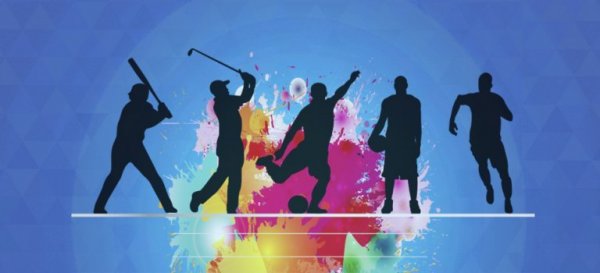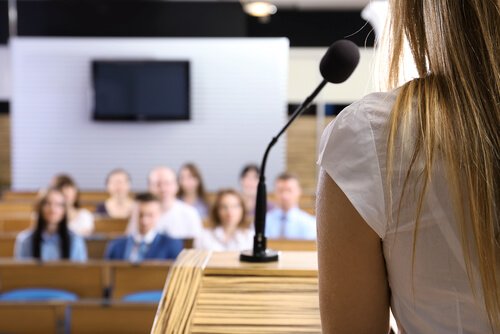Why We Can All Benefit From Sports Psychology

Sports psychology is a discipline usually used by elite athletes with an end goal of improving their performance by using certain tools. Today, competition is fierce. Factors that weren’t important before because they weren’t thought to make much difference in performance are now the ones considered most important. Very small differences may separate the first from the last. Well, this is where sports psychology comes in.
Anyone can benefit from the techniques used in sports psychology. After all, we all have daily challenges to overcome. We all want to better ourselves.
Athletes know that a large part of their victories come down to their mental state. They need concentration, confidence, a tolerance for frustration and an orientation towards achievement. We too need all of these things in our daily lives. That’s why it’s a good idea to learn tactics used by sports psychologists and think about incorporating them into our lives.
“Everything I know for certain about morals and the obligations of men, I owe to football.”
-Albert Camus-

Three successful techniques of sports psychology
There are many legitimate sports psychology techniques, but there are three that are used the most. The reason for this is that are very effective. The three techniques are as follows:
- Visualization: imagining scenarios and mentally rehearsing how we’re going to react when we are in them. The idea is to do it with as much detail as possible, and always visualize yourself winning. Solo athletes use this technique a lot, like track athletes.
- Positive internal dialogue. Understand what you say to yourself and how you answer. When this dialogue is positive and encouraging, it enhances your skills. This technique is widely used by people who play individual sports, such as golf or tennis.
- If…then: imagining the problems that could arise in the competition and then coming up with strategies or responses you’ll use. It is a technique that increases self-confidence.
You may use some techniques better than others, but you can also use all three simultaneously. High level athletes use them as a crucial part of their training.

A thought-provoking experiment
To try to measure the effectiveness of techniques used in sports psychology, an experiment was carried out. The BBC designed the project and carried it out virtually in 2012. Over 44,000 people participated in the experiment.
The participants had to go through a series of tests with one common characteristic: each participant had to take part in a high-pressure situation. The researchers then measured the results quantitatively and taught participants the three basic techniques of sports psychology. They repeated the test and the new results were amazing.
Practically all of the volunteers improved their performance. The results were so significant that they caught the attention of other researchers. Researchers are still examining the results in order to improve and polish the techniques used.
Daily applications of sport psychology techniques
There are several areas where the basic techniques of sports psychology have been tested. They have almost always produced improved performance. That said, we know that some techniques are more applicable to certain situations and areas than others.

Let’s see some examples:
- Public speaking. Experts have shown that the technique of “If … then” works very well if a person has a fear of public speaking. This tactic increases self-confidence. By imagining the possible difficulties but also strategies to face them, the fear goes down.
- High-risk activities. Activities that involve risks generate more anxiety. Researchers have shown that the visualization technique is particularly effective for this type of situation. For example, surgeons benefit a lot from visualization. They make a mental map of the surgery, resulting in better performance.
- Stressful social situations. Think of situations involving an authority figure, for example. Observations show that the most appropriate technique here is positive internal dialogue. It gives a person more confidence and helps them to handle the situation better.
These techniques from sports psychology have proven to be effective for many athletes. So why shouldn’t they work for us too? The important thing is to have discipline and actually put them into practice. You’ll see a difference — but only if you’re consistent and use them daily.
This text is provided for informational purposes only and does not replace consultation with a professional. If in doubt, consult your specialist.








